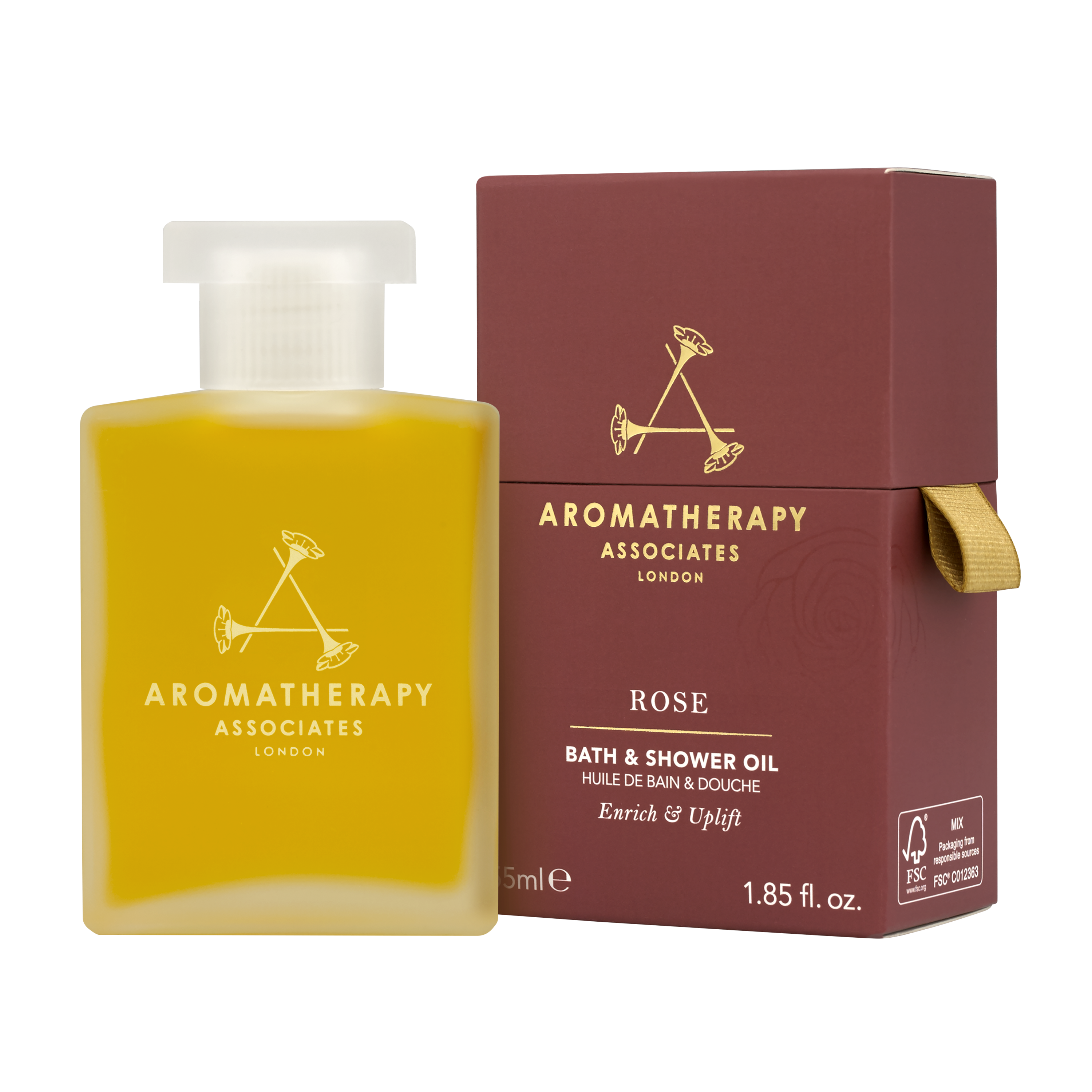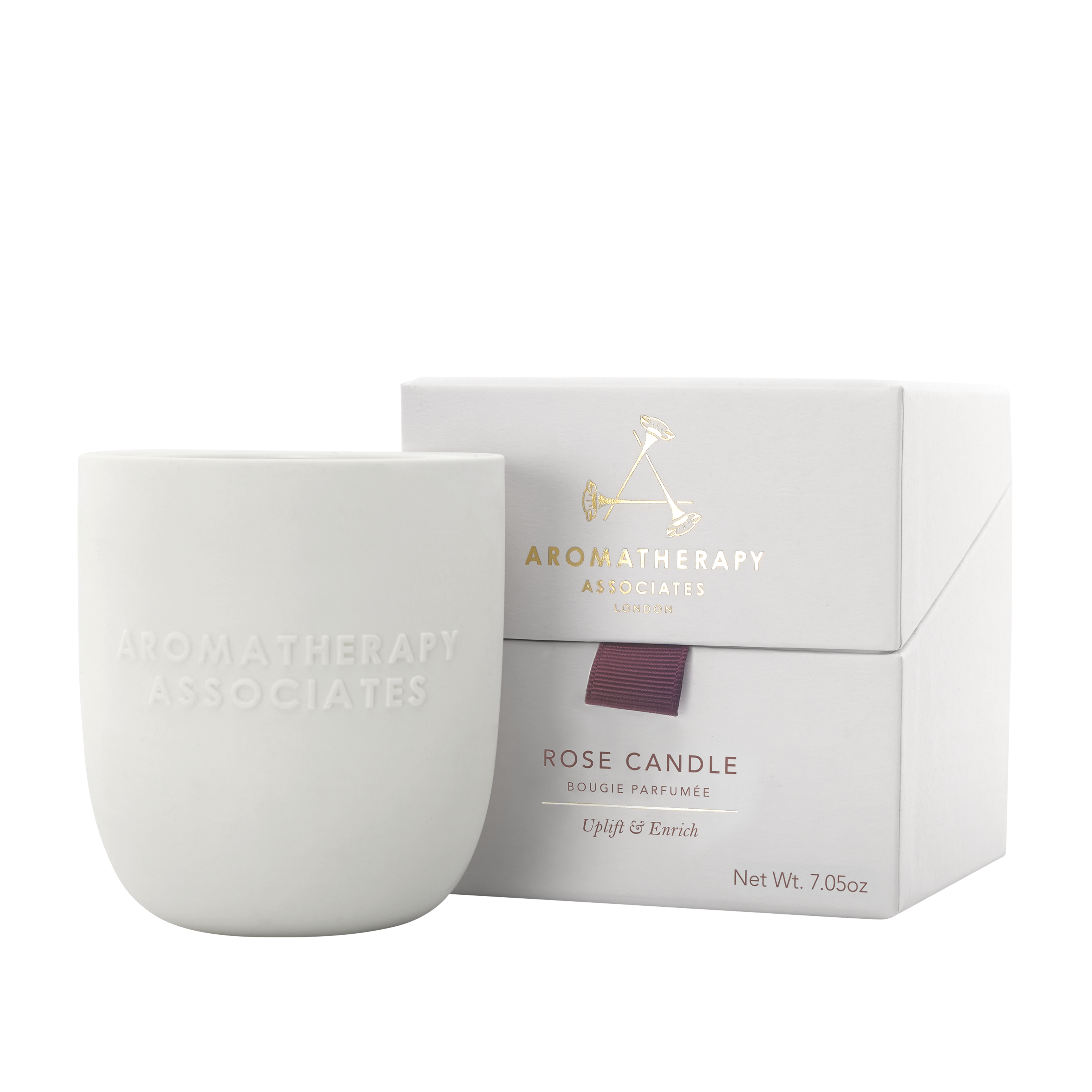8 Steps to Cultivate Optimism

Have you paused recently to check in on your wellbeing?
Every year on the 10th of October, World Mental Health Day gives us an opportunity to raise awareness about mental health conditions, and to reach out with compassion to people affected by mental health — including ourselves.
Trained by Dr. Brené Brown herself, leading life coach Jonathan Ward brings years of extensive knowledge in helping us harness our inner confidence and courage.
Whether we have a mental health problem or not, we should all be taking care of and prioritising our wellbeing. We speak with Jonathan as he shares his life changing tips to build optimism and grow in confidence and courage, for our most empowered selves.
You can choose to be optimistic – the introductory quote by the Dalai Lama brings with it a real sense of hope.
We hear it said all the time, but what exactly does optimism mean?
It is expecting the best possible outcome from any given situation. It is a sense of hope and belief that an outcome will be favourable. In any given moment, we can choose where to place our attention and consciously determine our own experience of life. This is vital information in the understanding of optimism. Our brains have a negativity bias, they are like velcro for the negative and teflon for the positive. For those of us who are not naturally disposed to being optimistic, knowing that we can choose the way we think is great news in the shift towards a more optimistic outlook.
How do we begin to feel better?
Studies now show that there are huge benefits of having a more optimistic outlook:
More Happiness: Optimistic people are happier because they imagine positive events more vividly and expect them to occur sooner
Better Relationships: Optimists have a more positive mood and morale, more vitality, a sense of mastery, and high self-regard. Optimists are more likely to have a wider social support
Better Health: Optimists take action and have healthier lifestyles because they believe that their actions matter. Optimists are generally better at fighting off infection because of a healthier immune system
Better Coping: Optimists cope better with stress and take more direct action in the face of adversity
Over time, I have found these following steps to be the most effective in cultivating my own optimism.
8 Steps to Optimism
1. Self-appreciation – focusing on and appreciating your strengths and good qualities
2. Gratitude - focus on 10 small things that you would normally not notice (buttons, pencils, matches)
3. Self-compassion - learning to be kinder to yourself instils an attitude of inner strength and resilience. It gives you the ability to bounce back from adversity and be more courageous
4. Moving your “explanatory style” (what differentiates pessimists from optimists) from pessimistic to optimistic - a pessimist might explain what happens to them in way that is permanent, pervasive and personal: “My car always breaks down”. Whereas an optimist might explain this in a way that is external, specific and temporary: “Cars break down. It was probably the engine. I can get this fixed”
5. Journaling from your Inner Champion - this is the part of that believes in you, champions you and stands with you and cheers you on (it is the opposite of your inner saboteur which pulls you down at every opportunity!)
6. Cultivating Hope - hope is a practice made up of 3 steps: goals ~ knowing where you are heading; pathways ~ knowing how to get there; and agency ~ the belief in yourself that you can do it
7. Generosity - the belief that everyone, including ourselves, is doing the best they can
8. Grit - this is the commitment and perseverance to keep on going, to keep doing the above. Maintaining a consistent daily practice is one of the keys to living well
Choose optimism and you choose a life well-lived – a life of contentment, joy, courage, and an inner strength to cope with whatever life brings.
Long known for its uplifting and anti-depressant properties, Rose is one of the most powerful oils in the aromatherapist’s palette – making it the perfect essential oil with which to navigate any difficult days.
If we find our mental health being affected, the therapeutic properties of rose include antidepressant and sedative properties (*Avicenna Journal of Phytomedicine) with a warming and relaxing scent to help reduce stress and tension, calm the nervous system and uplift our senses when we are in need of emotional support.
Our blend of oils also includes Geranium, a tonic for the adrenal cortex: a gland that regulates the release of hormones. Geranium essential oil helps to balance the hormonal system during times of hormonal change, relaxing the mind, calming agitation and easing mood swings (*International Journal of Preventative Medicine).
Our optimistic blend is designed to uplift us in times of need, helping us feel empowered and resilient, and giving us the inner strength to cope with whatever life may bring.















